Standing on an Andean peak, looking down a 5,000-foot drop, marvelling at what nature can produce at its fullest capacity, Elliott Bennett was thinking about her students at the Martha’s Vineyard Regional High School.
There she was, “at the edge of the world,” as she put it, and in her mind was how her 10-day summer trip to Peru could enhance her lessons in biology, advanced placement biology and Island natural history. But at the same time the scientist-turned-teacher realized that though she could show her students a slide of the vista, there is nothing like experiencing the wonders of biology firsthand. Seeing is believing.
“Seeing the history and the culture [of other places] is so important, especially the culture, because we’re such an egocentric country,” Mrs. Bennett said, back in her classroom. “The more we get our students out into the world and experiencing these things, the more they have an idea that it is not all this way all over the world,” Mrs. Bennett said.
She visited northern Peru in August as part of a 12-member delegation of high school and college educators to see if it would be a suitable student research environment.
She was one of the five representatives from the National Association of Biology Teachers (the other teachers and professors were from geology and environmental organizations). She and her colleagues will present their findings at a conference in Minneapolis in November.
Only a week after submitting an essay, Mrs. Bennett was offered the trip to Peru with the delegation; 10 days later she was on the plane to South America, and after an 11-hour bus ride from Chiclayo (just north of Lima), she found herself closer to the clouds than she ever had been before.
Mrs. Bennett’s excitement from her recent travels was evident as she spoke about the Andes mountain range, the Gocta Waterfall, the mummified remains of pre-Incan civilizations and adding 36 birds to her life list.
“My love, my passion my whole adult life, I’ve always loved the outdoors, I’ve always loved scientific thinking and asking why,” Mrs. Bennett said. “I think it’s very cool. My students think I’m crazy because I get so excited about the littlest things. Sometimes I get overexcited.”
Student can expect more of that. This year when she teaches about Charles Darwin in Chile and his theory of evolution, Mrs. Bennett will present to her class the fossils she found in the Andes; for studying speciation, she’ll show the 20-foot stratified wall of rock at the Gocta Waterfall; when she teaches ecology lessons, she’ll show slides from traveling from one ecotone to another, from desert areas to savanna conditions, all the way up to rainforests and mountainous regions.
“It was unbelievable what we were seeing,” she said. “Literally every rock you picked up had a fossil in it.”
It’s a striking contrast for Island students of biodiversity. “It’s hard to quantify a difference between the biodiversity [of the Vineyard and Peru] because of a loss of ecosystems here,” she said. “There’s so much biodiversity there, and there’s so much richness.”
Mrs. Bennett takes her class to the football field, where sometimes they can find maybe 15 different species; a photo she took in Peru shows one tree housing five different bird species alone.
“That’s one of those things that doesn’t become intrinsically, holy mackerel! until you’re actually there and see it,” she said. “I don’t think these kids realize at all about the habitat loss on this Island.”
Other lessons she’ll integrate into her classroom will include genealogy studies, using as an example the recessive gene of blond hair and green eyes of the ancient Chachapoyan population that still inhabits the Andes today.
During anatomy and physiology lessons she’ll show slides of bones of the mummies to track whether a civilization was killed by genocide or disease.
“The idea of how we look at our ancestors and the way we look at death and the way other cultures look at death makes biology not just about a science but also bioculture,” Mrs. Bennett said.
“Why is it that we have a fear of bones — why are we afraid of a skeleton or a skull, why don’t we want to touch it? That’s something that’s not inherent to all cultures, it’s something that’s very inherent to our culture.”
Mrs. Bennett has degrees in zoology and botany bacteriology, and went to school to become a researcher; she dabbled in public relations and nonprofit work before turning to teaching. “I was asked by the state of California to look at the science curriculum [in schools], and I was making recommendations and I realized that there weren’t a whole lot of scientists who were actually teaching, and that was a huge problem.”
She saw only one solution for this: if she were going to make a statement about how science was taught in schools, Mrs. Bennett had to become a teacher.
After teaching in private schools for 10 years, Mrs. Bennett moved to the Vineyard and has been at the high school for 10 years.
She is one of several educators at the regional high school involved in cross-curriculum, interdepartmental lessons. She also is working with a school in the Caribbean to share beach studies.
Now she is interested in planning educational trips on which parents could join their high school kids.
“We take these kids on these fabulous trips and the parents never get to go. Intergenerational traveling is so valuable, and you learn so much from being with different ages,” she said. “I thought, and this is the idealist in me, maybe I could lead a trip there are so many different perspectives and you can learn so much from that.”
Her Vineyard students weren’t with her on this trip, but she hopes to be able to bring them some day. Mrs. Bennett is as passionate about learning as she is about teaching, and she hopes to pass that on to her students.
“If we did go to Peru we could do some nature studies and Spanish learning,” she said. “Right now in this economic situation, [many] families don’t have the extra option to go traveling.
“But if you pique their curiosity, they’ve got it in the back of their head that they’d like to do something like this,” Mrs. Bennett said, adding:
“It may not happen in high school, it may not happen in college, but if you give them that excitement and passion about how cool it is to go travelling around the world, they will want to do it.”

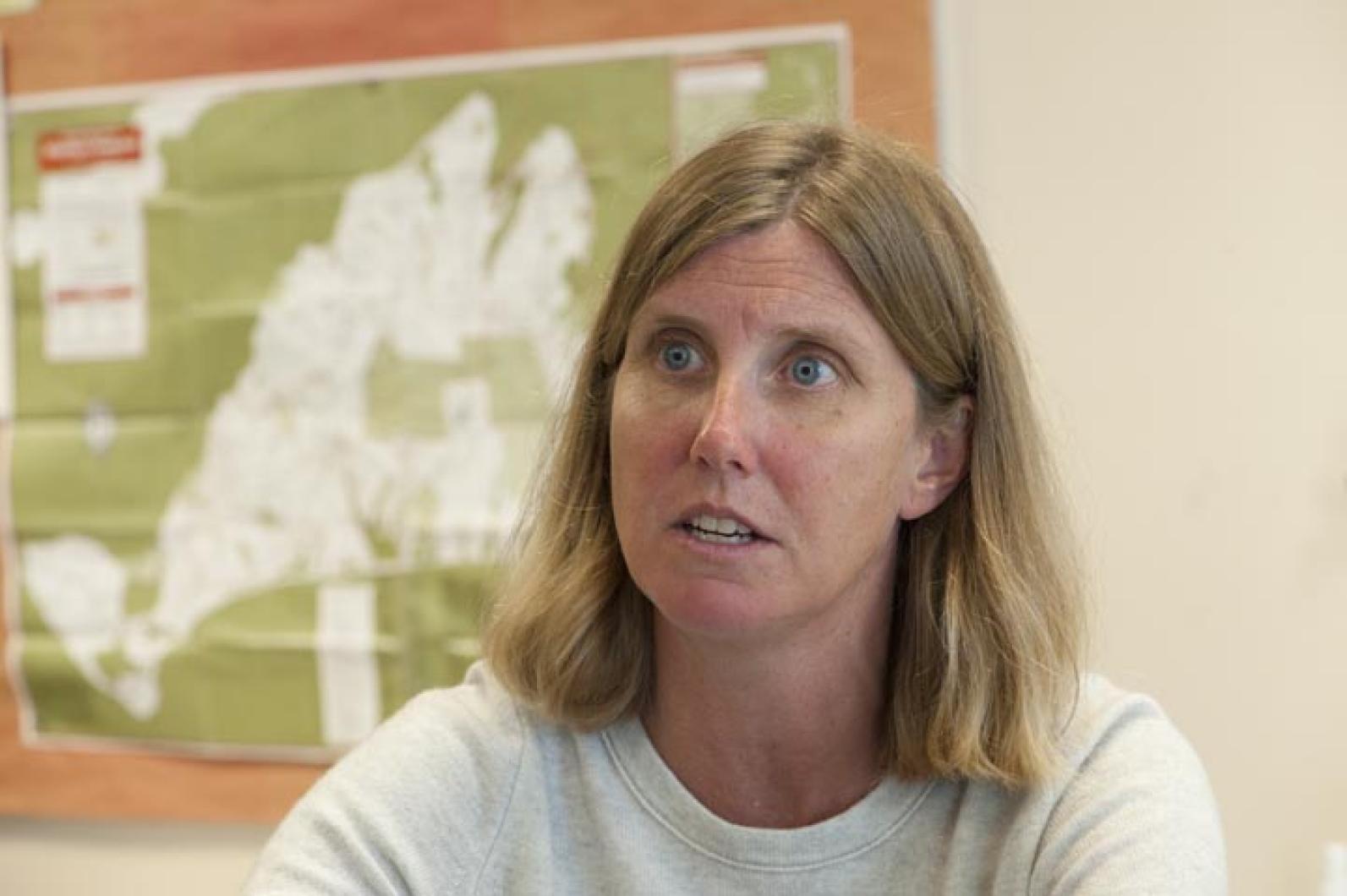
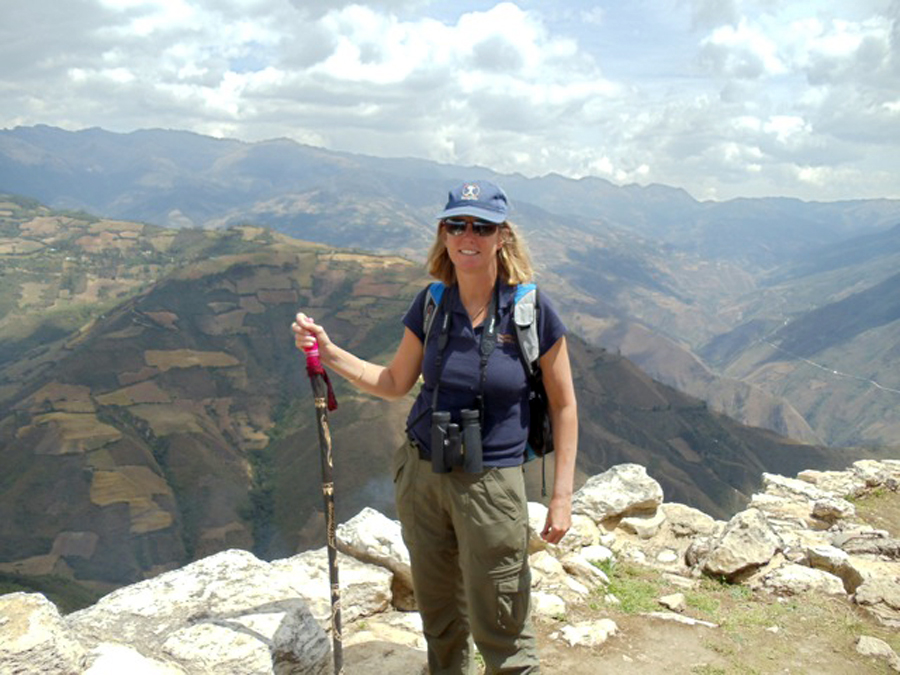
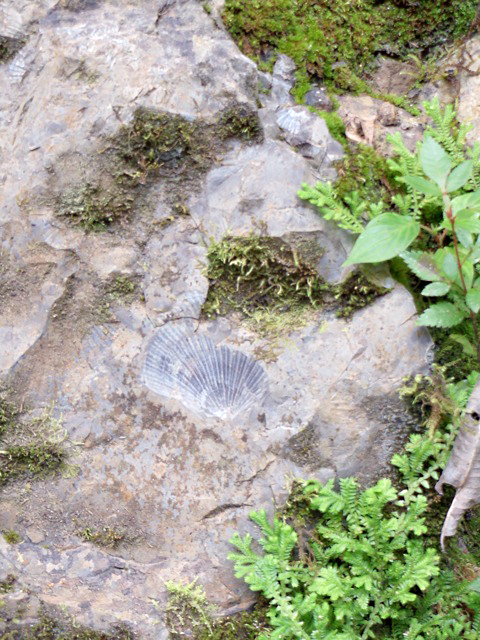
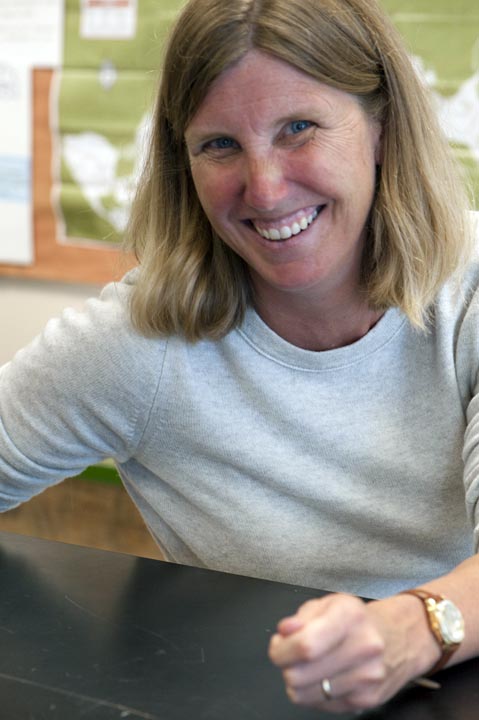
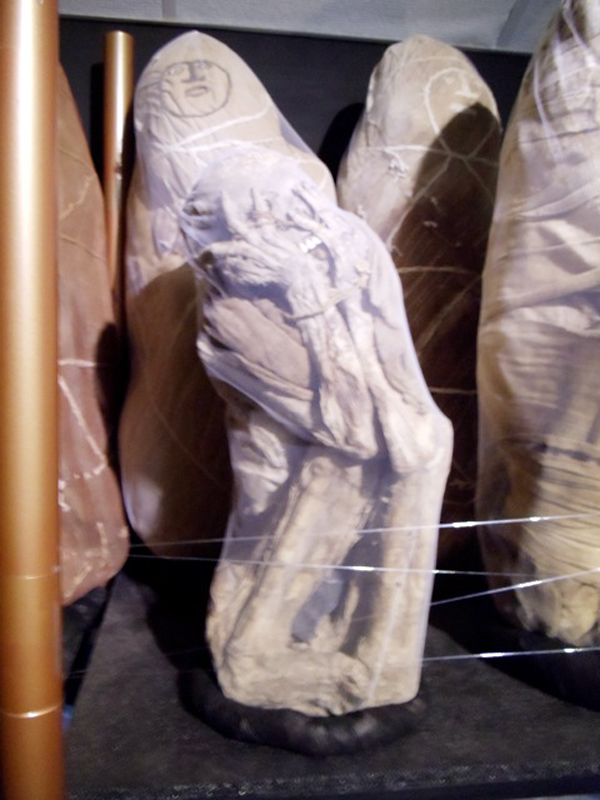


Comments
Comment policy »